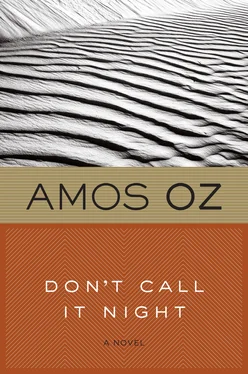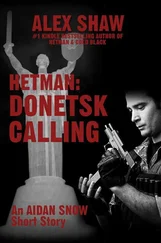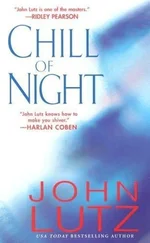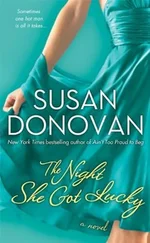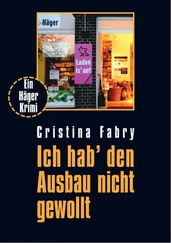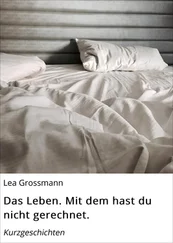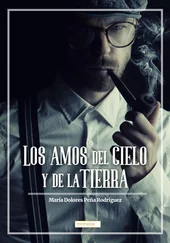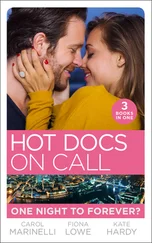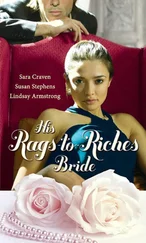There was an embarrassed silence, because the truth is that we knew nothing until afterwards, discounting the staff-room gossip. The Deputy Head, stammering with tact, pronounced the opinion that Immanuel started taking drugs only at the end, in Elat, after he disappeared, that is to say more or less in the last days perhaps. Even the aunt had not noticed any problematic changes, although it was hard to tell. To which the father replied that we would probably remain in ignorance forever. There was another silence. This time it was protracted. Avraham Orvieto put his two wrinkled hands to his face, brown peasant-like hands with scaly fingers, then he laid them back in his lap, and the Deputy Head began saying something, and at the same moment Avraham Orvieto asked which of us knew Immanuel best. The Deputy Head resorted to vague mumbling. There was a silence. A young Bedouin waiter, dark-skinned and slender like a pretty girl, wearing a white bow tie, wheeled in a trolley covered with a white cloth and holding fruit and cheeses and a selection of soft drinks. Avraham Orvieto signed the bill and added a folded banknote. Help yourselves, he said, twice, but nobody touched the refreshments. Suddenly he turned to me and said quietly: You must be Noa. He liked your lessons, he had a talent for literature.
I was so startled I did not deny it. I muttered a few banalities, a sensitive boy, withdrawn, rather, um, reserved. The father smiled in my direction like someone who is not used to smiling: like someone opening a crack in a shutter for an instant to reveal a beautiful room with a chandelier and bookcases and a fire burning in the grate, then closing it as though it had never opened.
Six weeks later Avraham Orvieto turned up one morning in the staff room during the mid-morning break to ask our help in realizing an idea: he was considering giving some money to set up here in Tel Kedar a small rehabilitation centre for young people, schoolchildren, perhaps from other parts of the country, who were addicted to drugs. He wanted this centre to be a memorial to his son. Tel Kedar was a quiet little town, the desert itself might help: seeing the wide open spaces could inspire various reflections, it might be possible to rescue one or two. Of course there would be local opposition which he could well understand, still, why not try to sort out some basic terms that would allay the fears.
I was startled when he chose to ask me, who was not Immanuel's class teacher to agree to put together a sort of informal team whose task would be to make a preliminary study and jot down on a sheet of paper what the difficulties would be and what aspects were liable to antagonize the local residents. He himself came to Israel only every few months, but he had a lawyer; Ron Arbel, who would be at my disposal whenever I needed him. If I refused, he would understand and would look for someone else.
Why me in particular?
Look, he said, and again he smiled at me as though momentarily opening that shutter a crack to reveal the fireplace and chandelier; you were the only one he was fond of out of the whole school. Once he wrote me a letter and told me you had given him a pencil. He wrote the letter with the pencil you gave him.
I couldn't remember any pencil.
Still, I agreed to do it. Perhaps because of a vague urge to maintain a link with Immanuel and his father. What link? And why maintain it? When Avraham Orvieto talked about the nonexistent pencil, there flickered a fleeting resemblance, not between him and his son, but to a man I met many years ago. His face, his sloping shoulders, and particularly his gentle voice and the way he chose and put together his words, like the phrase "inspire various reflections", reminded me of the poet Ezra Zussman, whom I met once in a Health Fund rest house on Mount Canaan. We used to sit in the late afternoon, my father and Zussman and his wife and Aunt Chuma and I, on the sloping lawn while the evening colours were changing and an invisible breeze played around the hills. Father in his wheelchair, paralyzed from the waist down, looked like a boxer or a wrestler who had grown old and put on weight, his face rough and craggy, the weight of his body pressing down on the taut seat, his black transistor clasped in his huge hand like a grenade ready to throw, a dark woollen blanket covering his useless knees, his hunched shoulders expressing violent fury as though he had been turned to stone in the middle of delivering a blow. We sat round him on deckchairs facing the light of the Galilean mountains on the rim of the sky that was yielding to the evening twilight. Ezra Zussman showed us hand-written poems that seemed far removed from the sort of poetry then prevalent in Israel and touched me like the sound of harp music. One evening he said: Poetry is a kind of spark trapped in a piece of glass, because words are pieces of glass. He hurriedly gave a sad smile and regretted the metaphor. Then the holiday came to an end, the Zussmans said goodbye humbly, as though wordlessly apologizing for abandoning us, and went on their way. Next day Father smashed his portable radio in a fit of blind anger, and Aunt Chuma and I took him home in a taxi. When a few weeks later I came across a short announcement of the death of the poet Ezra Zussman I went to a bookshop in Netanya to buy his poems. I didn't know what the book was called and the bookseller had not heard of it. Aunt Chuma bought Father a new transistor radio, which lasted about a fortnight.
I made it a condition with Avraham Orvieto that I should not receive any payment for my work in the fact-finding group. He listened and said nothing. Three weeks later I received a first check in the post. Since then he has sent me three hundred dollars each month via his lawyer, and leaves me to decide how much of this sum should be allocated to office expenses and to reimbursing travel, and how much should be a recompense for the time I spend on the project. Four times in vain I have asked the lawyer, Ron Arbel, to stop the checks coming.
Theo warned me, You're getting sucked in, girl, a financial arrangement like this is just asking for unpleasantness and trouble. It's difficult to believe that a hard-headed businessman would do such a thing out of absentmindedness. If all he really wants is to give some money for a memorial to his son, why doesn't he simply set up a trust? With a treasurer and proper accounts? If on the other hand what he wants is to set up a business venture, a private clinic for rich kids, an exclusive cuckoos' nest, three hundred dollars is peanuts for what you're worth to him by way of softening up public opinion, and you haven't even begun to realize how you're being used, Noa. Anyway, since when have you been into setting up institutions or refuges for junkies? There isn't a chance of getting the residents to agree to it — who wants an opium den in their backyard?
I said: Theo, I'm a big girl now.
He screwed up his eye and said nothing more.
He went back to the hall to continue ironing his shirts.
Of course he was right. The whole town is against it. Somebody wrote anonymously in the local paper that we won't let ourselves be turned into a rubbish dump for the whole country. There are so many things I'll have to learn from scratch. Things I've sometimes half-heard on the radio or skipped in the paper, operations, costs, capital fund, association, board of directors, budgeting; it's all still very vague but I'm already finding it exciting. Woman of forty-five finds new meaning in life: possible headline for a colour feature in one of the weekend supplements. Actually I've already been approached for an interview in an evening paper. I turned it down. I wasn't sure if such an interview would help or harm the project. There are so many things I've got to learn. And I will.
I sometimes say to myself in the third person: Because Noa can do it. Because it's a good thing to do.
Читать дальше
